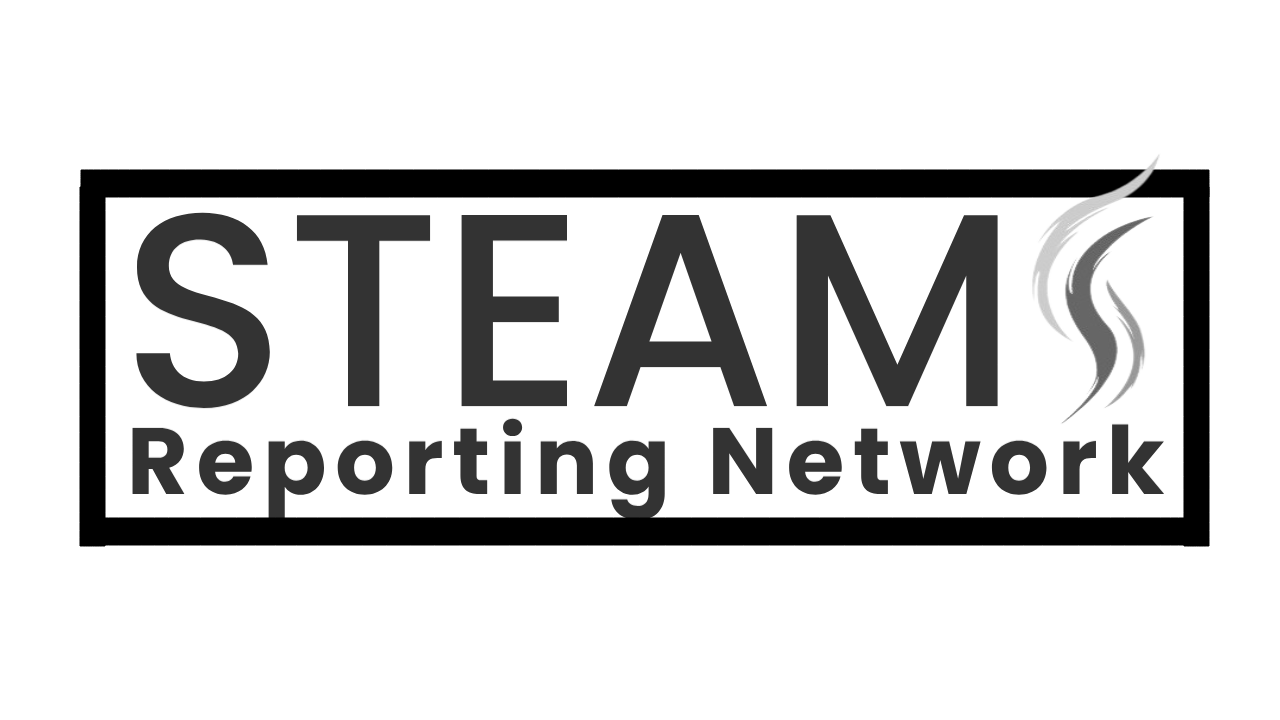Emma Black
On 11 March 2020, the World Health Organization (WHO) declared that an outbreak of the viral disease COVID-19 had reached the level of a global pandemic. Citing concerns with “the alarming levels of spread and severity,” the WHO called for governments to take urgent and aggressive action to stop the spread of the virus. In view of the exceptional situation and to preserve life, countries had no choice but to adopt extraordinary measures.
Extensive lockdowns and curfews were adopted to slow transmission of the virus. Such measures, however, inadvertently affected people’s livelihoods and security, their access to health care (not only for COVID-19), to food, water and sanitation, work, education – as well as to leisure.
The economic lifeblood of many homes in Sierra Leone relies on women’s ability to contribute to household income. The COVID-19 prevention measures, including lockdowns, curfews, reduced business hours, physical distancing, have negatively affected the ability for women to earn an income to sustain their families.
One of the measures instituted very early on by the Government of Sierra Leone was a nightly curfew, to restrict peoples’ movement after dark. Sierra Leone’s restrictions due to COVID-19 preventative measures really began on 18 March 2020. One week prior to the declaration of a State of Emergency, President Maada Bio addressed Sierra Leoneans on TV and radio. The President announced travel restrictions and deployed military personnel across the country.
GoSL instituted curfews, when, how long, NaCOVERC,
The U.N. Universal Declaration of Human Rights was adopted in 1948 in “recognition of the inherent dignity and of the equal inalienable rights of all members of the human family.” The nightly curfew instituted by NaCOVERC violated human rights. Some of the other rights that are violated by preventative COVID-19 measures include the right to liberty, freedom of movement, freedom of religion, freedom of peaceful assembly and association, work and protection against unemployment, education, and to freely participate in community.
State of Emergency
Acting under the powers conferred by Section 29 of the Constitution of Sierra Leone (public emergency), the President proclaimed a 12-month State of Emergency (SOE) on 24 March 2020, prior to the first confirmed case. The President added, “This is not a lockdown and nobody must use this as an excuse to hoard goods, hike prices, or engage in acts of lawlessness. This public emergency is not meant to make the lives of Sierra Leoneans difficult or unbearable. We will continue to deploy the armed forces and Police, as necessary, to enforce compliance with all public health directives.”
During a State of Emergency, the Constitution of Sierra Leone confers wide-ranging powers on the President to make regulations and take measures that appear to him to be necessary or expedient for the purpose of maintaining and securing peace, order, and good government. Unless they are approved by a resolution of Parliament, such emergency regulations lapse after 90-days. However, a Parliamentary Resolution passed in terms of Section 29 remains in force for a period of 12-months, and may be extended by a two-thirds majority vote.
Freedom of movement is a crucial right that facilitates the enjoyment of many other rights. While international law permits certain restrictions on freedom of movement, including for reasons of security and national emergency like health emergencies, restrictions on free movement should be strictly necessary for that purpose, proportionate and non-discriminatory.
Since the institution of the State of Emergency, on 31 March 2020, the government ordered a nightly curfew, which changed slightly over the course of the year. The initial curfew began with restrictions from 9pm to 5am.
The curfews negatively impacted a large sector of local businesses, who rely on late and early commerce, including market women, delivery personnel, commercial sex workers, street traders and newspaper printers/vendors. Their incomes and freedom to movement suffered under the curfew.
Aminata Sannoh operates acookery/eatery at night near the Youyi Building in downtown Freetown. On XXX, she was arrested… and detained at Central Police Station for violating the nightly curfew. Aminata’s family had to pay Le150,000 in the morning to the police, according to Aminata.
In the International Covenant on Economic, Social and Cultural Rights, Article 3, it states: The States Parties to the present Covenant undertake to ensure the equal right of men and women to the enjoyment of all economic, social and cultural rights set forth in the present Covenant. And, Article 6(1) states: The States Parties recognize the right to work, which includes the right of everyone to the opportunity to gain his living by work which he freely chooses or accepts, and will take appropriate steps to safeguard this right.
Police Brima Kamara, the Media and Communications Officer, said he had no record of nightly curfews arrests. He said they were detaining them and letting them go in the morning. No records of how many were arrested for curfew violations because the people were detained and then cautioned in the morning when they were released.
Aminata Sannoh said she lost her market to the police, who ate her food. She was not able to sell for over a week because she lost money and had to start again.
Commercial sex worker, Kaditu, who didn’t give her last name, was detained at night while working along Kingharmon Road. She was taken to Central Police Station. She claimed night police had sex with her and let her go in the morning.
On 27 October 2020, Sierra Leone’s National Centre for COVID-19 Response (NaCOVERC) announced that the government lifted the night time curfew imposed by the president.
The UN has said that in response to serious public health threats to the “life of a nation,” human rights law allows for restrictions on some rights. Those restrictions, however, must be justified on a legal basis as strictly necessary. Putting COVID-19 prevention measures in place from the worldwide medical communities’ recommendations to stop the spread of a global pandemic seems to be exactly this type of situation, but the implementation is not without its own set of problems.
The scale and severity of the COVID-19 pandemic clearly rises to the level of a public health threat that could justify restrictions on certain rights, such as those that result from the imposition of quarantine or isolation limiting freedom of movement. At the same time, careful attention to human rights such as non-discrimination and human rights principles such as transparency and respect for human dignity can foster an effective response amidst the turmoil and disruption that inevitably results in times of crisis and limit the harms that can come from the imposition of overly broad measures that do not meet the above criteria.
The most common public health measure taken by States against COVID-19 has been restricting freedom of movement: lockdowns or stay-at-home instructions, border restrictions, curfews, etc. These measures are a practical and necessary method to stop virus transmission, prevent health-care services becoming overwhelmed, and thus save lives.
AdvocAid, a local NGO working with women in conflict with the law, monitored police stations during the second lockdown in May 2020.
In Freetown, at the Eastern police station, there was one female and 25 male suspects. The female suspect violated COVID-19 restrictions and the male suspects were arrested on 5 May 2020, by the police for disobeying curfew orders. All suspects were cautioned by the police and then released upon intervention by AdvocAid.
At the Wellington Police Station, there was one female suspect who violated COVID-19 restrictions by breaking the curfew rules. She was cautioned and then released.
At the Harbour Police Station on Ross Road, there were two female and fourteen male suspects including three juvenile boys arrested for riotous conduct related to COVID-19 curfew offences.
Twelve women at Lumley Police Station were arrested for disobeying the curfew rules in May 2020. However, according to the testimonies of some of the women, they were unable to find vehicles to take them home by the start of the curfew time. Other women who were driving cars and were stuck in heavy traffic were unable to make it before the start of the curfew hour. After engaging with the police, the twelve women were cautioned by the police and then released.
The New England Police Station had three female suspects arrested for breaking the COVID-19 curfew rules in May 2020. They explained that there was no water in their community water points and so they went in search of water and were arrested. They were cautioned by the police and then released.
Emergency situations may demand certain extraordinary measures to protect public health, including restrictions on fundamental political and civil rights. Even in such dire situations, however, restrictions on freedom of expression, freedom of movement, freedom from arbitrary detention, and others, must be narrowly construed so as not to unduly impede the fundamental human rights outlined by numerous declarations, charters and conventions.
On 16 March 2020, a group of UN human rights experts said that “emergency declarations based on the COVID-19 outbreak should not be used as a basis to target particular groups, minorities, or individuals. It should not function as a cover for repressive action under the guise of protecting health… and should not be used simply to quash dissent.”
Article 12 of the International Covenant on Civil and Political Rights, states:
1. Everyone lawfully within the territory of a State shall, within that territory, have the right to liberty of movement and freedom to choose his residence.
2. Everyone shall be free to leave any country, including his own.
3. The above-mentioned rights shall not be subject to any restrictions except those which are provided by law, are necessary to protect national security, public order, public health or morals or the rights and freedoms of others, and are consistent with the other rights recognized in the present Covenant.
4. No one shall be arbitrarily deprived of the right to enter his own country.
Section 18 (1) of the Sierra Leone Constitution states: No person shall be deprived of his freedom of movement, and for the purpose of this section the said freedom means the right to move freely throughout Sierra Leone, the right to reside in any part of Sierra Leone, the right to enter or leave Sierra Leone, and immunity from expulsion from Sierra Leone.
(2) Any restriction on a person’s freedom of movement which is involved in his lawful detention shall not be held to be inconsistent with or in contravention of this section.
(3) Nothing contained in or done under authority of any law shall be held to be inconsistent with or in contravention of this section to the extent that the law in question makes provision—
a. which is reasonably required in the interests of defence, public safety, public order, public morality, public health or the conservation of the natural resources, such as mineral, marine, forest and other resources of Sierra Leone, except in so far as that provision or, as the case may be, the thing done under the authority thereof is shown not to be reasonably justifiable in a democratic society; or
b. for the imposition of restrictions on the movement or residence within Sierra Leone of any person who is not a citizen thereof or the exclusion of expulsion from Sierra Leone of any such persons.

